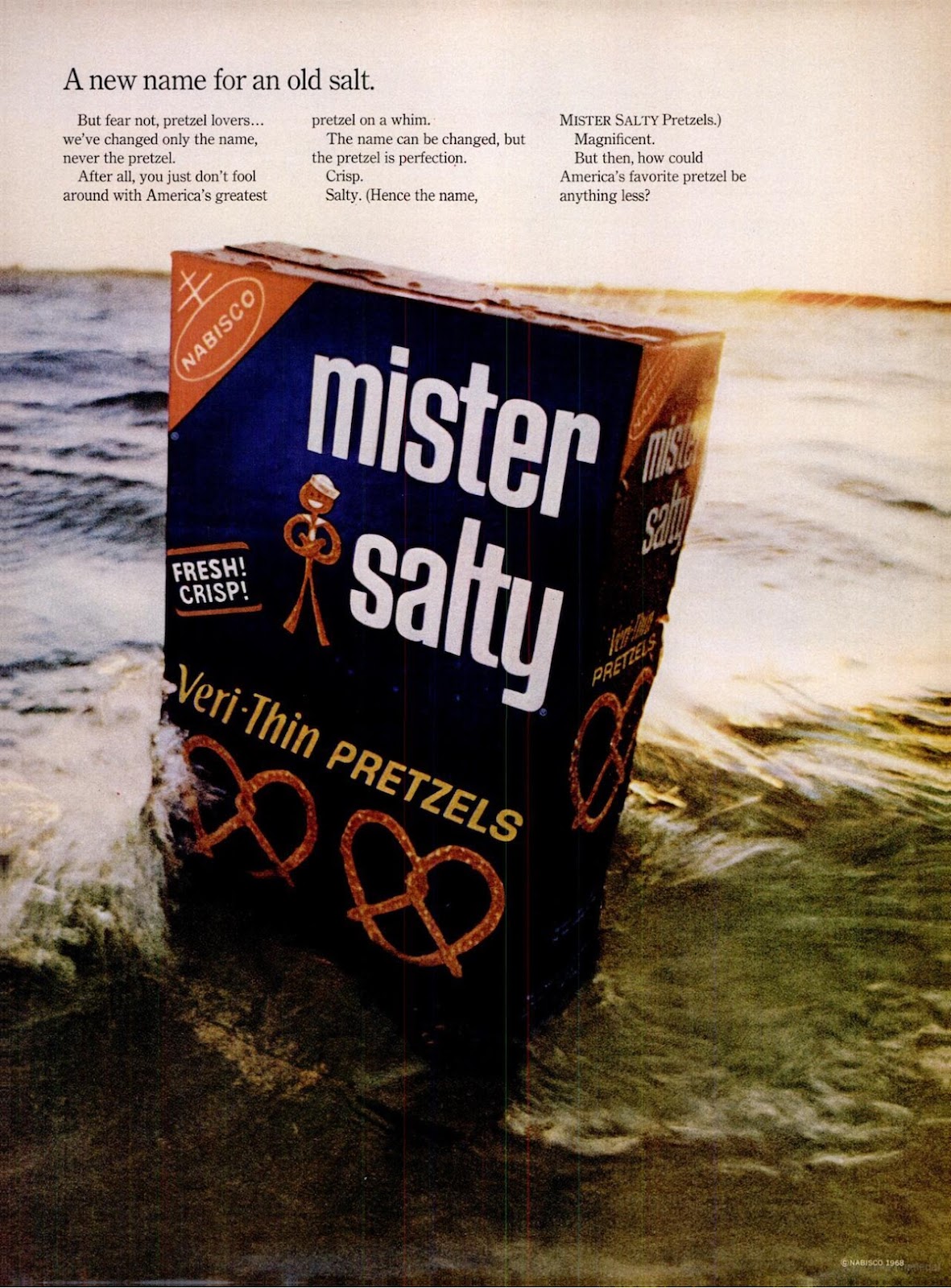From Mack McCormick’s Biography of a Phantom: A Robert Johnson Blues Odyssey, ed. John Troutman (Washington, D.C.: Smithsonian Books, 2023):
From a pile of old road maps I’d found in a used bookstore, I dug out a Standard Oil map published in 1942. This one conveniently put Arkansas, Louisiana, and Mississippi — plus a corner of Tennessee — on the same sheet. It covered everything from Memphis down to New Orleans, and it showed the roads substantially as they were in Johnson’s lifetime. I devised a code for marking the map: a red triangle for a place mentioned in the songs, a black circle for a town that he was said to have frequented, an abbreviated note that would lead me back to the source, and some cryptic symbols indicating my own hunch as to how trustworthy each entry might be.This passage gives some sense of the book, which is, in truth, not a biography but an account of the writer’s detective-like pursuit of the facts of Robert Johnson’s life. As the editor points out, McCormick was given to considerable fabulation, so it’s difficult to think that everything presented here as fact is fact (especially the astonishing elements of chance that lead to some of McCormick’s discoveries). And there’s much that could be here that’s missing: material gathered from two of Johnson’s sisters is omitted, a decision the Smithsonian made in light of McCormick’s shamelessly dishonest dealings with the women. And here’s a spoiler: an editor’s endnote says there is no evidence that McCormick identified and interviewed Johnson’s killer. For years, McCormick claimed that he couldn’t publish his work until the guilty party was dead.
I started with the primary clues: the places Johnson had sung about. He’d mentioned eleven towns: Chicago, East Monroe, Friars Point, Gulfport, Hot Springs, Memphis, Norfolk, Rosedale, Vicksburg, West Helena, and West Memphis. Three states: Arkansas, California, and Tennessee. Three nations: China, Ethiopia, and the Philippines. And two transportation lines: Greyhound and the “Gulfport Island Road.” In addition, there were three words from which some geographic inferences could be drawn: icicles, shrimp, and tamales.
It wasn’t a long list, only twenty-two items in all.
The best moment, which I hope has a basis in reality, though there are no photographs here to document it: a listening party of sorts, with McCormick playing the 1961 compilation LP King of the Delta Blues Singers for men and women who had last heard Johnson sing and play thirty-odd years before.
My next reading: Annye C. Anderson’s Brother Robert: Growing Up with Robert Johnson (with Preston Lauterbach), by the sister McCormick didn’t interview. But first I’m going to listen to the recordings.
Related reading
All OCA Robert Johnson posts (Pinboard)







